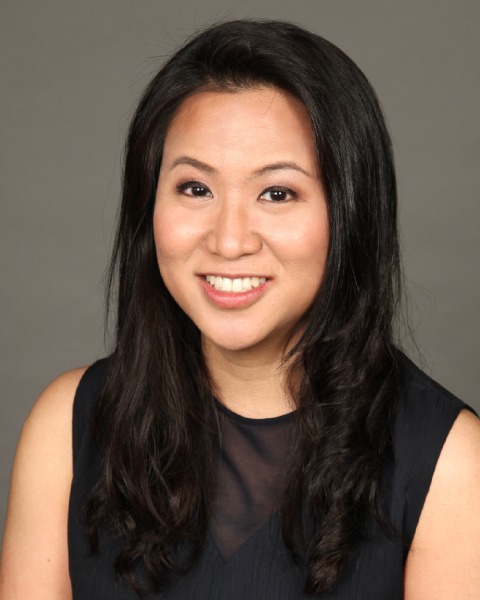Abstract Session
Abstract Session
(AS1) Needs for Common Standards of Competence for Educating Neurosurgery, Plastic, and Orthopedic Surgery Residents in Peripheral Nerve Surgery
Monday, April 24, 2023
7:09am - 7:17am PST
Location: Los Angeles Convention Center, 402AB

Janissardhar Skulsampaopol, MD (she/her/hers)
Endoscopic and Skull Base Fellow
St. Michael's Hospital, University of Toronto
Toronto, Ontario, Canada
Presenting Author(s)
Disclosure(s):
Janissardhar Skulsampaopol, MD: No financial relationships to disclose
Introduction: Peripheral nerve decompression (PND) is specialty-common among neurosurgeons, orthopedic surgeons and plastic surgeons. However, considerable variability exists regarding the parameters required by certifying bodies across specialties for residency training. We described the parameters of assessment and identified the standard of performance expected of graduating residents for PND Entrustable Professional Activities (EPAs) in neurosurgery, plastic and orthopedic surgery.
Methods: Nationwide Canadian survey neurosurgery, plastic surgery and orthopedic surgery Faculty.
Results: The recommended number of assessments and assessors were 5 and 2, respectively. Regarding each specialty, there was no significant difference in the recommended number of assessments; nonetheless, the median recommended number of assessors by neurosurgery and orthopedic surgery Faculty was 2 which is significantly lower than the three recommended by plastic surgery Faculty (p = 0.01).
Based on total responses, 77% believed that PND was appropriate for the general practice of their specialties and 78.7% considered PND not too broad. The majority of respondents expected graduating residents to achieve a level E (50.8%) or level D (42.6%) for PND. 93.3% of orthopedic surgery participants and 81.1% of neurosurgery participants believed PND was not too broad. In contrast, a significantly lower proportion of plastic surgery participants (44.4%) agreed with these viewpoints (p = 0.02).
Latent class analysis showed two classes of respondents. One class consists of Faculty with more experience, higher expectations for practice toward level E as a graduation target (81.25 %, p = 0.005), and expecting a greater number of both forms (mean of 14.9, p < 0.001) and assessors (mean of 3.2, p=0.007) than the others.
Conclusion : Our study found significant agreement in the parameters of assessment expected of residents and the expected levels of mastery for independent practice. There were still different perspectives on the levels of mastery for general practice between specialties, which may reflect shifting subspecialization across specialties.
Methods: Nationwide Canadian survey neurosurgery, plastic surgery and orthopedic surgery Faculty.
Results: The recommended number of assessments and assessors were 5 and 2, respectively. Regarding each specialty, there was no significant difference in the recommended number of assessments; nonetheless, the median recommended number of assessors by neurosurgery and orthopedic surgery Faculty was 2 which is significantly lower than the three recommended by plastic surgery Faculty (p = 0.01).
Based on total responses, 77% believed that PND was appropriate for the general practice of their specialties and 78.7% considered PND not too broad. The majority of respondents expected graduating residents to achieve a level E (50.8%) or level D (42.6%) for PND. 93.3% of orthopedic surgery participants and 81.1% of neurosurgery participants believed PND was not too broad. In contrast, a significantly lower proportion of plastic surgery participants (44.4%) agreed with these viewpoints (p = 0.02).
Latent class analysis showed two classes of respondents. One class consists of Faculty with more experience, higher expectations for practice toward level E as a graduation target (81.25 %, p = 0.005), and expecting a greater number of both forms (mean of 14.9, p < 0.001) and assessors (mean of 3.2, p=0.007) than the others.
Conclusion : Our study found significant agreement in the parameters of assessment expected of residents and the expected levels of mastery for independent practice. There were still different perspectives on the levels of mastery for general practice between specialties, which may reflect shifting subspecialization across specialties.
